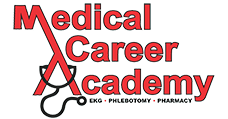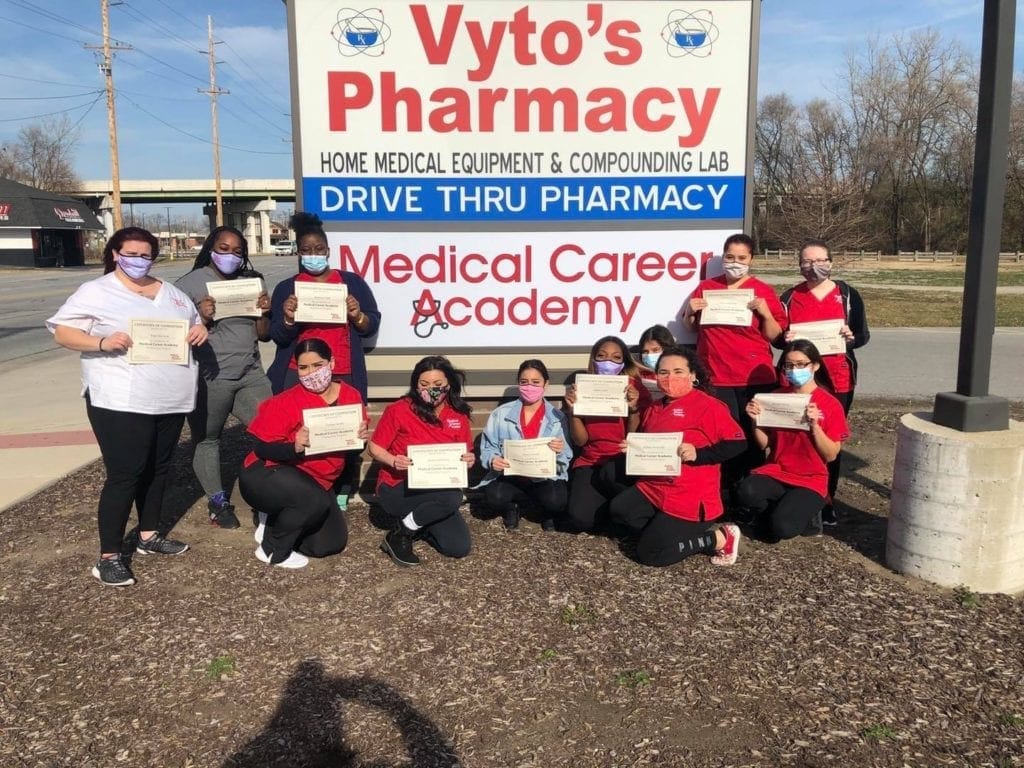The medical profession can consist of multiple fields. Aside from doctors and nurses, there are medical technicians, hospice workers, and more. It seems like a challenging undertaking, but many pursue the dream in order to help others.
Read on to learn more about what it takes to become a medical professional:
Willingness to Learn
It’s no secret that you need book smarts to become a medical professional. Even if you’re naturally intellectually gifted, you’ll need a good work habit to learn all you need to know. You’ll need to study hard to acquire different licenses that will allow you to practice in the field. Even after you graduate, medicine is an ever-evolving industry. There will always be new and exciting ways to heal the human body.
Problem Solving Ability
All that knowledge stored in your head will be useless if you can’t apply it. This is why having an innate knack for solving problems is an invaluable skill in this profession. During your training, you’ll be taught how to quickly and accurately match tests, treatments, symptoms, and ailments with each other.
Speed is essential because a solution is worthless if it comes too late. Precision is equally important; as they say, the devil is in the details. Overlooking details in a patient’s medical history could drastically change their treatment, and forgetting about a patient’s drug allergy could be catastrophic.
Mental Strength
In the same vein as caring for your patients’ emotional health, you need to care for your own, too. This is a tough job. Death, disease, and loss are inevitable. It’s admirable to be able to sympathize with your patients’ pain, but you can’t help them anymore if you let it wear you down. Knowing how to compartmentalize stressors and having the proper resources to deal with grief is a great boon to you in this career.
Leadership Ability
Someone needs to organize the team behind a patient’s treatment and take decisive action. This can often be a high-stakes situation. Heavy is the head that wears the crown.
Even jobs that don’t seem to “require” leadership will call for it sooner or later. You won’t be the newbie forever. Eventually, there’ll be someone newer in need of someone to show them the ropes. And who better to help than someone who was once in their shoes?
Emotional Quotient
The word ‘clinical’ is defined as cold and detached from emotion, but this shouldn’t be how you’d interact with patients or their loved ones. Good bedside manner is important, especially if you’re tasked with delivering bad news. Practice compassion and imagine yourself in their shoes and how you’d like to be told negative updates.
Being a Team Player
While it will undoubtedly be a stressful career path, you aren’t doing it alone. You’ll have a hospital or clinic full of people you can turn to.
Teamwork is essential in this line of work. From your first days as an intern to your days as a fully fledged medical professional, you need to be able to gel with your colleagues. Proper teamwork requires clear communication between all members. Your patients’ paths to recovery rely on a team of technicians, nurses, doctors, surgeons, etc., not just one person.
Conclusion
Becoming a medical professional may seem like a lofty goal, but it’s quite achievable! Anyone with the right attitude and determination can do it. It’s a noble career for those who wish to help others heal.
In need of medical career training in Indiana? Reach out to Medical Career Academy today! We give every student the confidence and scope of education necessary to pursue a medical career.

